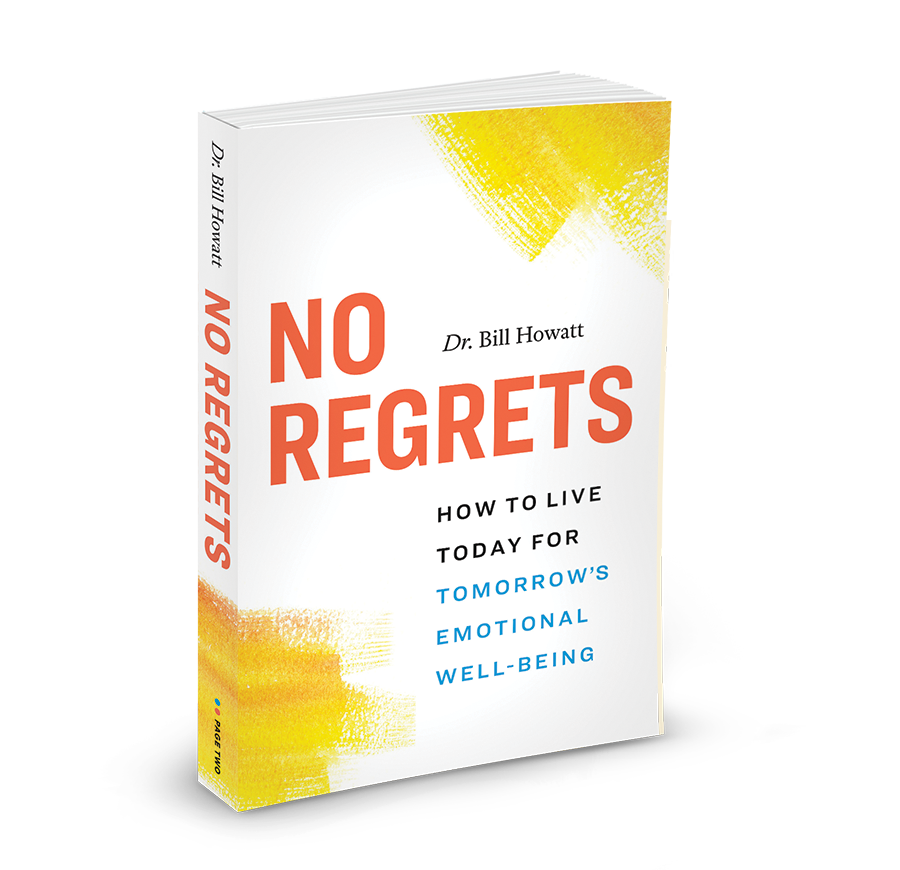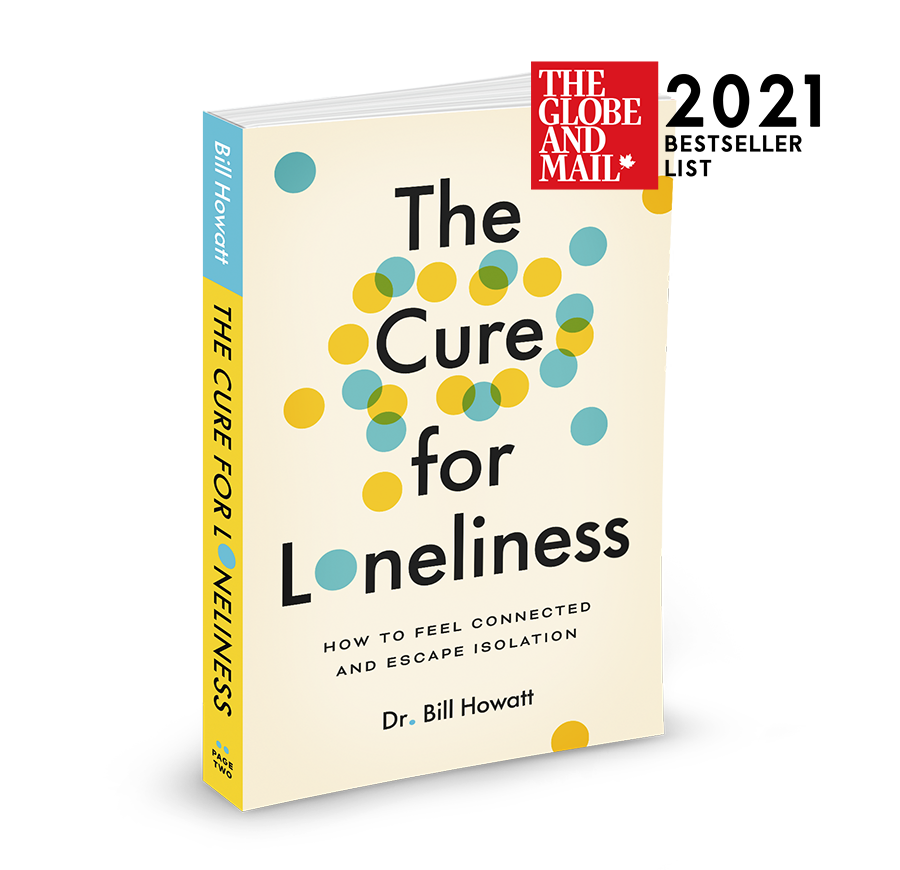Engaging in this behaviour requires intention and awareness
A common question from employers during the COVID-19 pandemic has been: “What do you suggest we do to help our employees with stress management?”
My response: “Do you mean manage or cope?”
I often get a pause and a response something like: “Yes, to cope better.”
Distress or unwanted stress can be defined as any time a person is faced with a life situation that presents them with a difference between what they have and what they want. The stress from their situation and how well they cope is influenced by their mental fitness level.
Those with lower mental fitness often become worried and anxious and feel overwhelmed.
In this mental state, it is common to question their capacity to solve their challenge or to cope. They may perceive they are powerless and move their attention from trying to solve their situation to what they can do to feel better emotionally.
Most of us do not like experiencing emotional pain.
When feeling stressed, it is common to look for symptom relief through feel-good behaviours like snacking. But this does not need to be the case; there are always alternatives. A core pillar of mental fitness is education — discovering how people cope and their choices.
When under pressure, a person has three primary coping skills options: prosocial coping skills, at-risk coping skills and help-seeking coping skills.
What are prosocial coping skills?
Prosocial coping skills are healthy behavioural choices that support mental health.
An important point to anchor about prosocial coping skills is they are never at the expense of others. They can be preventive or situational.
Preventive skills are much like physical exercise — what a person does to build up their cardiovascular ability. When practised daily, mental fitness prosocial skills can provide a positive benefit to one’s outlook and mental health.
Situational refers to an event that creates intense stress where developed prosocial behaviours mitigate the negative impact of the stress.
For example, a person is told some bad news about their employment, triggering a wave of anxiety and fear. Because they have practised prosocial coping deep breathing to manage their anxiety, they pause and do some deep breathing to gain their composure.
Think of prosocial coping skills as a source of energy. We are much like a battery. Life can be challenging and leave us feeling drained. To keep going, our battery needs a source of energy to charge it.
There are hundreds of prosocial skills a person can engage in to charge their battery. They include meditation, journaling, hobbies, outdoor activities, walking, running, interacting with a pet, calling an authentic connection and gardening.
Anything we find rewarding and enjoy doing that is healthy and does no harm is a prosocial skill.
Engaging in prosocial skills requires intention and awareness that when we take time to engage in an activity that is good for us, we are supporting our mental health.
After years of working in mental health, I have learned it does not take much effort to get positive benefits from engaging in prosocial behaviours every day.
- Take 10 minutes at the end of your day to write in your journal and reflect on the day and to record three things you are grateful for.
- Take a quiet lunch and do a 30-minute mindful walk, just noticing what is around you, rather than thinking about all the work of the day.
- When you get home, take 15 minutes to enjoy your pet.
- Call an authentic connection to check in.
Most of us can fit in a few things each day. The key to prosocial coping skills is to be aware of what we are doing and why.
The skills can charge our batteries to prepare us for challenging times.
The goal of mental fitness is to intentionally make a daily plan of things we can do to charge our battery, knowing that micro-decisions are good for mental health and happiness.


